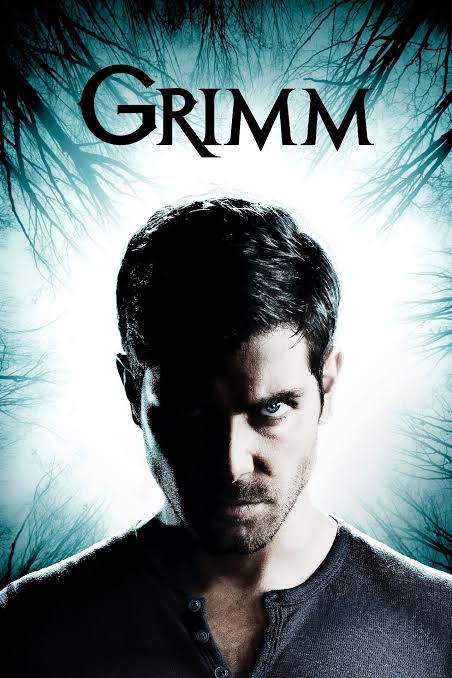Before ‘Supernatural’ Ruled the Night: How This NBC Fantasy Crime Series Opened the Door to TV’s Paranormal Boom

Long before Supernatural turned salt circles, demon-hunting brothers, and angelic warfare into must-watch television, there was an NBC series quietly laying the foundation for paranormal drama as we know it today. That show? Grimm the fantasy crime procedural that blurred the line between fairy tales and forensics, creating a genre-bending blueprint followed by many, including the Winchester saga.
Premiering in 2011, Grimm was part police drama, part dark fantasy, and wholly original. At its core was Nick Burkhardt, a homicide detective who discovers he’s descended from a line of “Grimms” hunters sworn to keep the peace between humanity and mythological creatures known as Wesen. Set against the eerie backdrop of Portland, Oregon, Grimm wrapped each weekly mystery inside a supernatural shell, with folklore and ancient magic hiding beneath everyday crimes.
What made Grimm truly groundbreaking was how it treated fantasy as serious narrative material. It didn’t rely on quirky charm or camp. Instead, it wove mythology into the real world with a noir edge, using police procedures as the gateway to reveal darker truths. That unique balance crime-solving grounded in reality, fantastical threats lurking beneath would prove influential for a wave of shows that followed.
It’s easy to draw a direct line from Grimm to Supernatural’s later seasons, which dove deeper into folklore, cross-dimensional enemies, and grim family legacies. While Supernatural debuted earlier, in 2005, Grimm refined the episodic supernatural mystery format for a more serialized, character-driven era. The show’s cult success also paved the way for series like The Witcher, Penny Dreadful, and The Magicians — all of which embrace dark myth and twisted morality as storytelling tools.
Moreover, Grimm normalized the idea that the magical and the mundane could coexist in primetime not just in ancient castles or dystopian worlds, but in the middle of modern American cities. This shift helped networks greenlight bolder concepts, trusting that audiences could handle a detective who fought werewolves or a librarian guarding against magical artifacts (The Librarians, anyone?).
Its six-season run proved there was a loyal audience for gritty, lore-rich fantasy that respected its roots while forging new paths. And while Grimm never quite reached the pop culture juggernaut status of Supernatural, its legacy is deeply felt.
So next time you see a spell-slinging hero or a demon-slaying investigator in your binge queue, remember: Grimm walked so others could run through dark forests, cursed towns, and into the hearts of genre fans everywhere.

